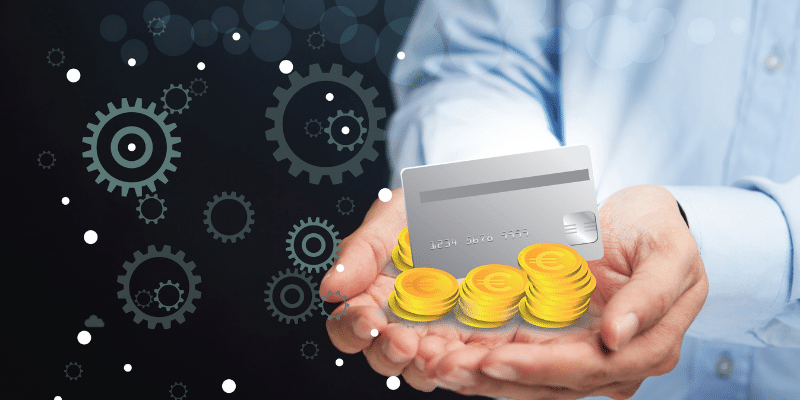Having bad credit isn’t always easy. If you have bad credit or even no credit at all, it can feel like it’s impossible to get the car loan, mortgage, or other financial products you need to make your life better. Luckily, there are several steps you can take to improve your credit and reach your goals faster. Check out these tips on how to have better credit so that you can get the start you need!
Pay Down Your Revolving Credit Balances
If you’re looking for a quick way to improve your credit, try paying down your revolving balances. Credit card companies report your monthly balance and payment history to the major credit bureaus each month. When this ratio is high, it shows that you’re managing your debt responsibly. But if it’s low, it may indicate that there’s an issue with repayment which could result in bad credit loans. By making more regular payments towards your balance or switching to a card with a lower interest rate, we can help raise your score in no time at all!
Don’t Close Older Accounts
Avoid closing your old accounts. Having a long history of responsible credit use is a good thing, and it may help if you ever need to apply for a bad credit loan. Plus, older accounts will typically have lower interest rates than newer ones, so it may be worth paying the balance down with extra payments.
Having an extensive history of responsible credit use can be beneficial when applying for bad credit loans, and not closing these accounts will help keep your average age of accounts higher. Also, older balances that haven’t been paid in full carry lower interest rates than newer ones, which means it could be worth the effort to make payments towards the balance in order to avoid those higher interest rates while keeping the account open and active.
Increase Your Credit Limit
One way to increase your credit limit is to find out if there is a card with a higher limit that you could transfer your balance over to. Research your options online and call the customer service line at the card company. Find out what it would cost to transfer the balance, and if it’s worth it in terms of interest rates. If you do decide to do this, don’t forget to keep track of the new account number, so that when payments come due, all you need to do is change the mailing address for payments. When it comes time to pay off the debt, make sure to set up an automatic payment from your checking account every month.
Don’t Spend More Than You Earn
It may seem obvious, but it is worth stating the importance of not spending more than you earn. When you spend more than your income, there is no way to make up the difference other than by borrowing money or selling off assets. The key to having good credit is to stay out of debt. That means avoiding the temptation of taking out a loan for that new car or going into the store and using your credit card for every purchase. Debt will only get worse with time and before you know it, your debt will be unmanageable.
Check Your Credit Report For Errors
A good place to start is by checking your credit report for errors. Sometimes these errors will be as simple as a typo or an outdated address that can easily be corrected. However, other times these errors may be more serious, such as a missed payment or an account that has been closed but is still listed in your report. When possible, it’s best to review your report with the company that provided it and asks them to correct any inaccurate information. In addition, there are also steps that you can take proactively to ensure good credit going forward such as managing debt responsibly and maintaining a healthy financial lifestyle





